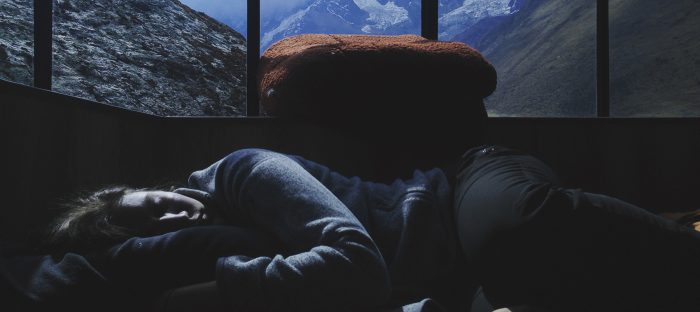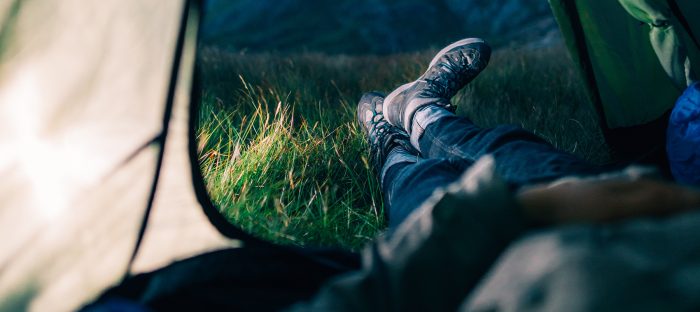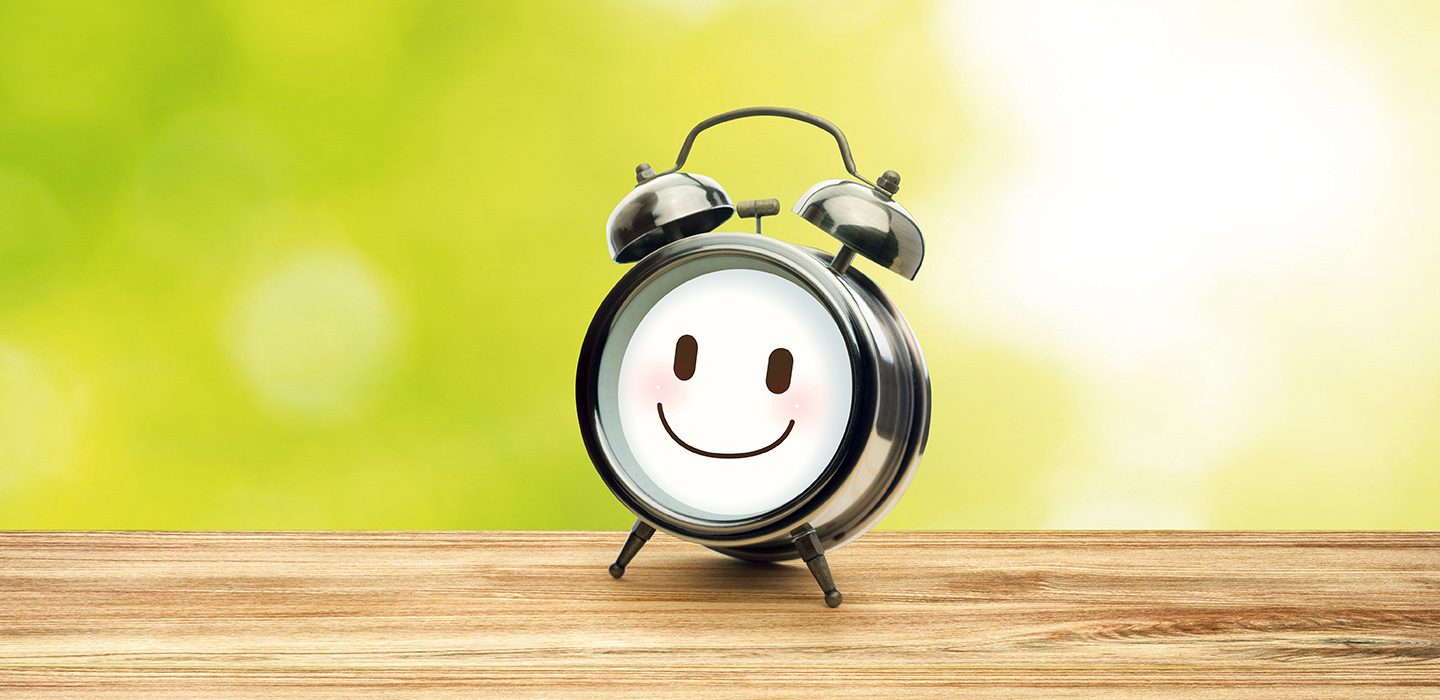The benefits of sleeping well and adequately are obvious. You wake up refreshed and can start the new day with fresh energy. Yet what can you do, when you can’t fall asleep? And what really constitutes a good night’s sleep?
How long one should sleep varies from one person to another, but for most people it is between six and eight hours. Younger people tend to sleep longer than older people. Just as important, however, is to go to bed at the right time – and ideally, to reach maximum melatonin concentration towards the middle of the sleep. With most people, this is at about three o’clock in the morning.
This sounds easy for many people, but it is not – because not everyone falls asleep right after going to bed. It can quickly get frustrating especially when this takes longer. There is no ultimate trick to solve this, but there are a few things that can be considered to fall asleep easily and safely, and stay asleep through the night.
What sounds quite obvious at first is often underestimated, namely caffeine consumption in the evening. Caffeine reaches the blood circulation after just 20 minutes, but the time it takes to break down half of the caffeine is 2½ to 4½ hours depending on the person. Therefore, those who drink two cups of coffee at 8 p.m. still have the caffeine of about one cup of coffee in the blood after four hours.

Alcohol can also interfere with peaceful sleep. Although it is true that one to two glasses help you to fall asleep, even a small alcohol concentration reduces the duration of the REM stages important for recovery. Thus, you wake up not feeling completely fit.
Eating a heavy meal too late can also interfere because the stomach must work to digest the food.
One often hears that room temperature can affect sleep, which is true because you sleep best when you neither sweat nor freeze. However, this comfortable temperature varies from person to person. Normally, it is between 16 °C and 18 °C (61 °F and 64.5 °F).
Even working late in front of the PC interferes with melatonin production because of the monitor’s bright, cold light source. Therefore, the person who turns off the monitor well before going to bed will be rewarded with better sleep.
Last but not least, having a certain ritual can also contribute to a good sleep. This signals the body that sleep is imminent and circulation will be gradually reduced. Relaxation exercises could be conceivable here, but also a warm bath or hot shower can do wonders.
In addition to the aforementioned measures, there are more tricks and home remedies that promote a healthy and relaxing sleep. Some of them are:

Ban problems from the bed
Who hasn’t experienced it? As soon as you lie down, you start thinking about the things that worry you. It is definitely worth trying to take a piece of paper and pen, write down these thoughts and put them on the nightstand. In this way, https://www.draexlmaier-apotheken.de/cialis-20-mg you have literally put your problems aside.
Warm milk with honey
Although never scientifically proven, hardly anyone can deny the actual effect of a good glass of warm milk with honey. It is suspected that the effect lies more in the soothing effect of the ritual than in the individual ingredients.
Breathing your way into sleep
Another great relaxation exercise is to lie down on your back and concentrate fully on inhaling and exhaling. This is another way to ban thoughts preventing you from sleeping.
Do not force anything
Maybe the best tip is: You should not want to force anything! It’s better to try to be as relaxed as possible – because then sleep will automatically come sooner or later.





